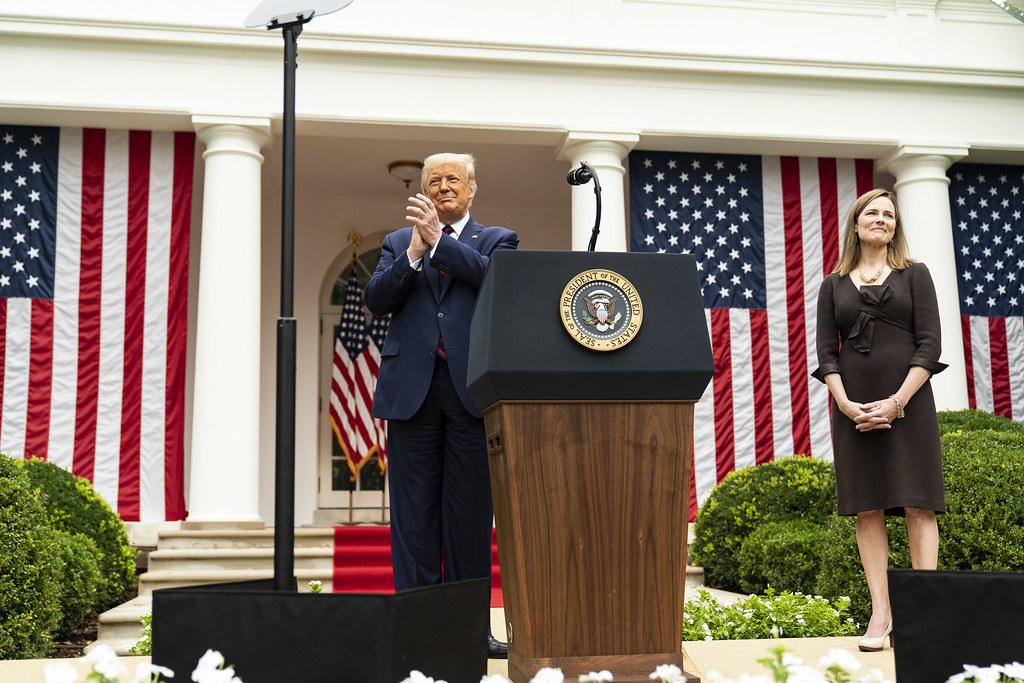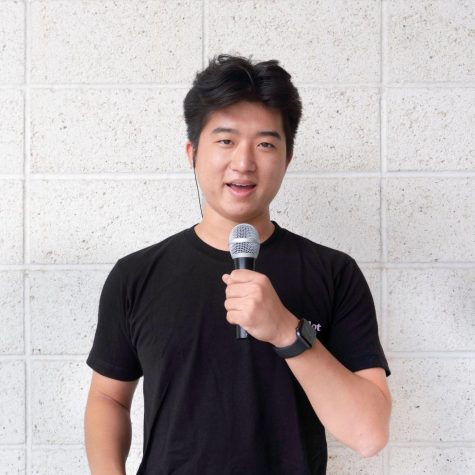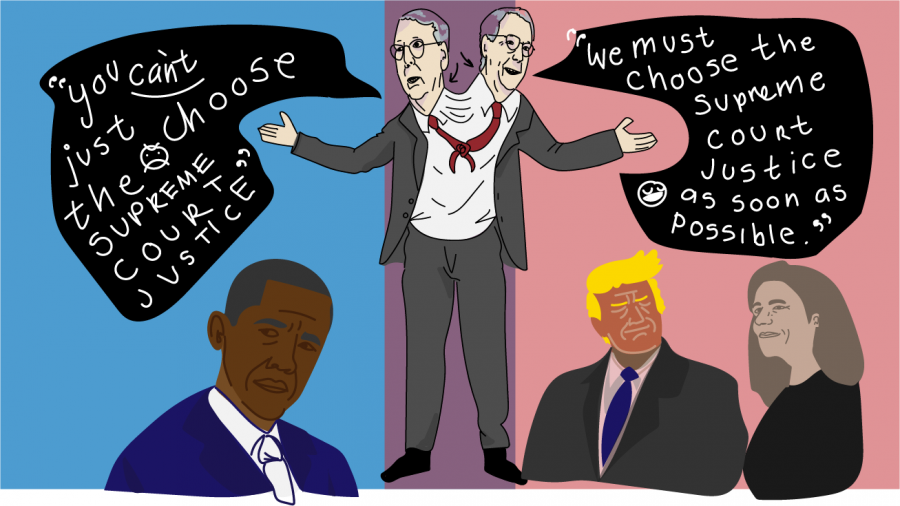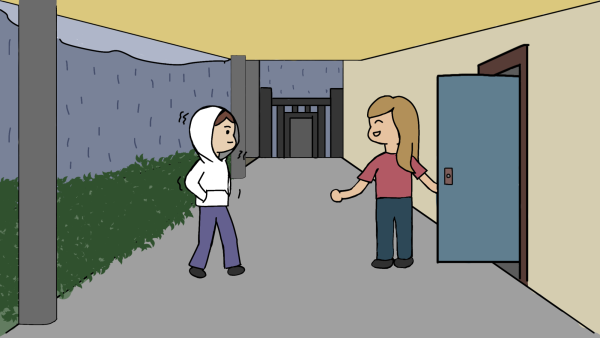Amy Coney Barrett’s Nomination Marks a Concerning Departure from Precedent and Principle
During former President Barack Obama’s term in 2016, Senate Majority Leader Mitch McConnell refused Supreme Court Justice hearings for former President Obama’s nominees. However, he strongly pushed for a new nominee during the final year of President Trump’s term, exposing the hypocrisy of McConnell and the Republican-majority Senate.
President Donald Trump nominated Supreme Court Justice Amy Coney Barrett to the Supreme Court on Sept. 29 to replace the seat of late Justice Ruth Bader Ginsburg. President Trump nominated her just 35 days before the presidential election – the shortest period of time between these events in U.S. history, firmly cementing the court’s 6-3 conservative majority.

While Barrett’s ascent to the Supreme Court is not unconstitutional, it marks a dangerous departure from the precedent set by the very party that approved her nomination.
“[The Republican legislators look] like hypocrites, in a sense, because they had said to wait for the election results in 2016,” IVA social studies teacher Daniel Hunter said. “The explanation given to this was that the American people had a right to wait until the election outcome. Then they blocked Merrick Garland from being considered for 10 months. And now six weeks to go [until the election], they want to push through their own nominee.”
Proceedings formerly carried out without controversy, such as the president’s nomination of a new justice and prospective justices’ confirmation hearings, are beginning to erode as Congress becomes increasingly partisan.
Preferential biases toward conservative ideals in the Senate and the Supreme Court could ultimately lead to the support of a president with similar values while stymieing dialogue with Democratic lawmakers. President Trump has claimed that he wanted to install another conservative justice to resolve election disputes and end the Obamacare health plan, according to Associated Press.
Such a conservative lean can be problematic, especially when social issues are in question. In particular, the LGBTQ+ community fears that the protections they fought for during former President Barack Obama’s term regarding same-sex marriage will be unraveled as a result of Barrett’s confirmation.
As Obama’s second term was reaching its final year, he nominated Garland to succeed late Justice Antonin Scalia; at the time of Garland’s nomination on March 16, 2016 – a month after Scalia’s death on Feb. 13 – Republican members of Congress held a firm majority over both the House and Senate. The Republican-majority Senate Judiciary Committee refused to begin hearings for any of Obama’s nominees, according to a letter to Senate Majority Leader Mitch McConnell in 2016.
“Rarely does a Supreme Court vacancy occur in the final year of a presidential term,” McConnell said in an article published by The Washington Post on Feb. 16, 2016. “Given that we are in the midst of the presidential election process, we believe that the American people should seize the opportunity to weigh in.”
For a legislative branch built on tradition, politicizing the confirmation process of an independent judiciary threatens the possibility of unified, bipartisan progress. While the 2020 presidential election has led to historic voter turnout, Americans can do more to ensure individuals in seats of power are more representative of their political and personal values. This includes a more active approach to performing one’s civic duties, such as researching candidates’ stances on pertinent issues and voting more frequently in local, state, and national elections.
Your donation will support the student journalists of Portola High School. Your contribution will allow us to purchase equipment and cover our annual website hosting costs.

Dheeksha Bhima Reddy is the co-Editor-in-Chief for her third and final year on the Portola Pilot. Through her newfound obsession of drinking coffee (cold...

Cara Chan is the Features Editor and Business Manager for her third year on the Portola Pilot. Though she’s feeling bittersweet about her final year,...

Ryan Jung is the co-managing editor of the Portola Pilot. He is looking forward to working in the newsroom three times a week and communicating with Pilot...

Nate Taylor is the 2021-22 front page editor and photo editor. He is ready to improve his design skills and create memorable Portola Pilot front covers....














